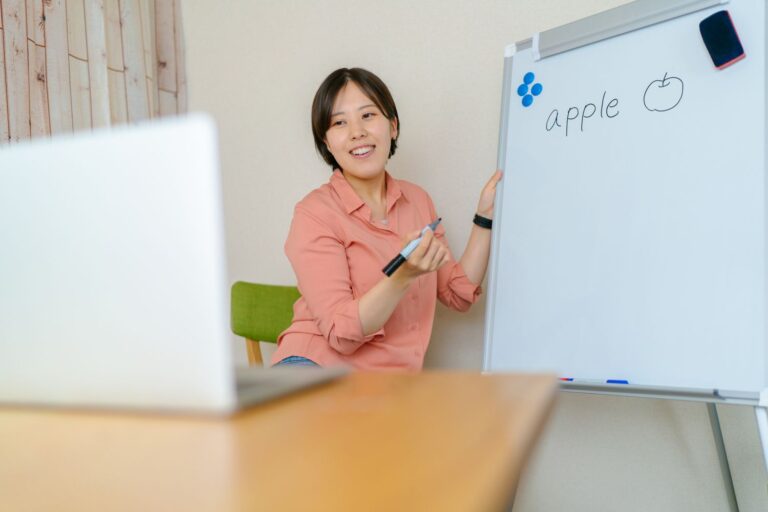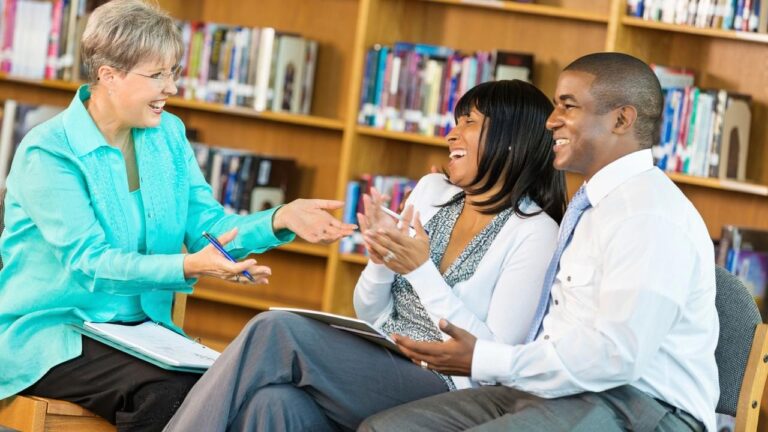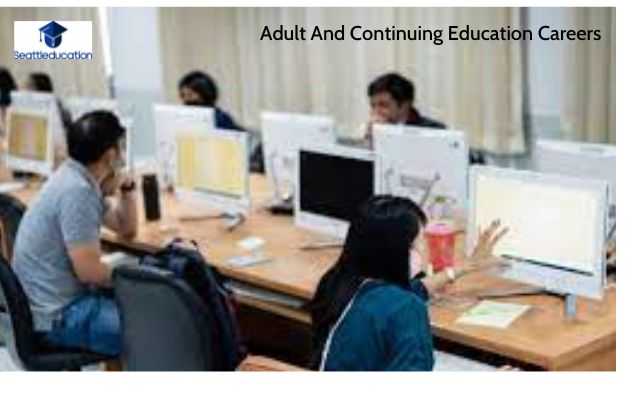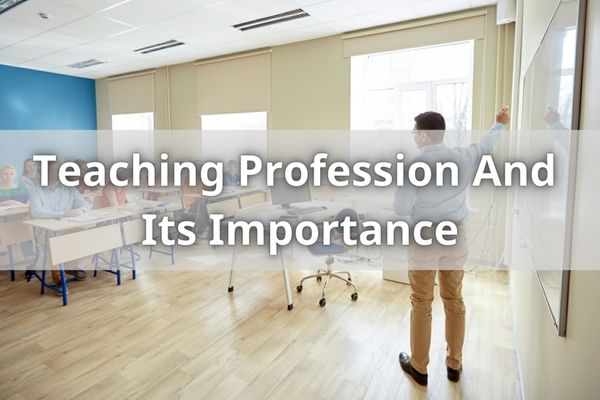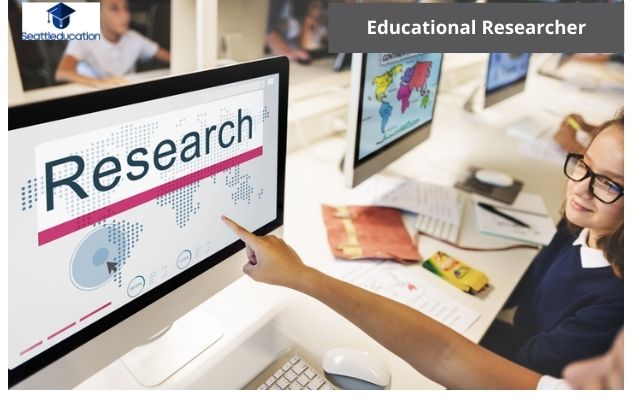School Counselor Skills: The Ultimate Evaluation 2023
School Counselor Skills: As a school counselor, I know how important it is to have the right skills in order to provide students with the best possible guidance. It’s not always easy to understand what those skills are and how they should be applied within the classroom setting.
That’s why I’m writing this article – to give an overview of some essential school counselor skills that can help create a more positive learning environment for everyone involved. My goal here is to discuss some key components of successful counseling and offer tips on how to become a better counselor.
With these tools under your belt, you’ll be able to positively impact student lives while also boosting your own confidence as an educator!
Let’s get started!
Listening
As a school counselor, one of the most important skills I must develop is listening. Active listening involves my full attention to whatever a student or colleague is saying while reflecting it back in my own words and maintaining eye contact.
Reflective listening requires me to go beyond simple parroting by considering what emotions are behind the dialogue and expressing understanding through verbal cues such as “I see” or “I understand.” Nonverbal cues such as nodding or smiling can also be used for trust building purposes.
These techniques enable me to create an open communication where students feel comfortable enough to express themselves without fear of judgement. By actively demonstrating that I am interested in what they have to say, I build rapport with them which helps foster an authentic relationship based on mutual respect and trust. It is only then that we can reach meaningful solutions together.
With effective listening, collaboration becomes easier. Students become more willing to work towards common goals because they know their voices will be heard and respected during our discussions…
Collaboration
As a school counselor, the ability to collaborate with students, faculty and parents is essential. Developing relationships while understanding the dynamics of team management and improving school counselor performance help create an environment that supports open communication.
At its core, collaboration involves building relationships between people who may have different perspectives or needs in order to achieve common goals. When working together as a team, successful strategies include:
- Managing expectations by setting clear objectives for each individual involved
- Ensuring everyone has access to accurate information about responsibilities and deadlines
- Establishing roles and expected outcomes
- Utilizing teamwork techniques such as brainstorming sessions where all ideas are respected and considered
- Creating an atmosphere of trust so members can feel comfortable expressing their opinions openly without judgment
- Allowing team members time to process new information before making decisions
- Understanding the dynamics at play within groups which could affect how they interact
- Identifying potential conflicts early on and using problem-solving tactics to resolve them
By utilizing key skills like active listening, conflict resolution, and constructive feedback, counselors can foster meaningful collaborations among stakeholders resulting in positive change for both individuals and communities alike.
With this in mind, we shift our focus now towards problem solving…
Problem Solving
I’m a firm believer that problem solving is an essential skill for any school counselor. It requires exploring options, finding solutions, and seeking resources or guidance when needed. By honing this ability, I am better able to help my students prevent conflict before it begins while maintaining a safe learning environment.
By proactively utilizing this approach for every situation, I can effectively equip my students with tools they need to become more resilient against challenges life throws at them. Having this type of resourcefulness can make all the difference when crisis management arises.
Crisis Management
I have developed a wide range of crisis management skills that I use to help students in need.
Navigating trauma is one of the most important duties of any school counselor, and it’s something I take seriously. It begins with recognizing warning signs like sudden changes in behavior or emotions, and then we work together to foster resiliency through identifying accessible resources. We also develop plans for how they can manage their own emotional health during difficult times.
Conflict resolution is another school counselor pay variations by state when working as a school counselor. By helping students navigate disagreements, I am able to teach them effective communication strategies while encouraging empathy towards others. This helps improve relationships between peers and staff members alike by providing support and guidance throughout the process.
My goal is always to provide an understanding atmosphere where children feel safe enough to express themselves without judgment or fear of repercussions. Through active listening and positive reinforcement, I strive to create meaningful connections with my students so they know they will be heard no matter what kind of situation arises.
With this approach, I hope to continue helping both individuals and groups resolve conflicts in healthy ways moving forward.
Conflict Resolution
As a school counselor, it is important to have the skills necessary for conflict resolution. In order to effectively resolve conflicts between students and staff members, I must be aware of different mediation strategies that are available. These include:
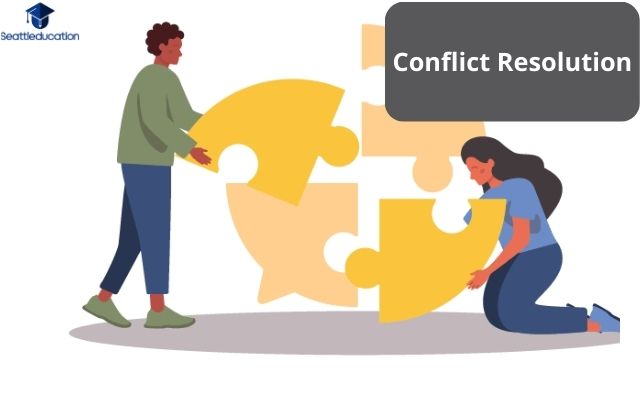
- Facilitative dialogue – this technique involves allowing all parties involved in the disagreement to express their views openly without judgement or interruption.
- Restorative justice – this type of strategy focuses on repairing relationships rather than punishing those responsible for the dispute.
- Peer mediation – using peers to assist with resolving disputes can help ensure fairness and impartiality in decision-making.
- Constructive feedback – providing constructive criticism during disagreements helps both parties identify areas where they need improvement.
- Respecting boundaries – establishing clear expectations regarding acceptable behaviors will help prevent future issues from arising.
It is essential as a school counselor to understand these types of interventions so that I can provide support when needed. With these tools, I am better equipped to navigate through difficult conversations and find effective solutions for any issues at hand.
As such, communication becomes an even more crucial factor when attempting to de-escalate tensions within the environment.
Communication
Conflict resolution is an important part of a school counselor’s job, but effective communication techniques are also key.
To help students, counselors must be able to establish relationships based on trust and understanding. This requires strong interpersonal skills that involve active questioning, empathy, and paying attention to nonverbal cues.
Active questioning involves asking open-ended questions in order to understand the student’s point of view as well as their emotional state. Trust can only begin when the student feels heard and understood without judgement; this kind of relationship allows for deeper connection between counselor and student.
Nonverbal cues such as facial expressions and body language should not be underestimated – they often provide insight into how someone may really feel about a situation or issue.
Providing emotional support is essential for any successful counseling session. Empathy can go a long way towards establishing trust – it helps someone feel like they aren’t alone in their struggles. Counselors need to demonstrate both verbal and nonverbal forms of understanding so that each individual student feels seen and validated during sessions, which will lead to better outcomes overall.
Moving forward, we’ll discuss ways to develop empathy with students while maintaining appropriate boundaries.
Empathy
I’m sure we can all agree that empathy is essential for school counselors. It’s what gives us the tools to identify and understand our students’ needs, develop compassion for them, and build trust with them.
Exploring feelings, identifying needs, developing compassion, building trust – these are core components of being an effective School Counselor Training.
Valuing differences also plays a key role in creating an empathetic environment where every student feels heard and understood regardless of their background or culture.
We must recognize that understanding cultural nuances is just as important as having emotional intelligence when it comes to counseling work. This means being open-minded enough to learn how different cultures interact with one another and express themselves.
By recognizing cultural diversity in our own practice, we demonstrate respect for all members of our community while fostering positive relationships between individuals who have unique life experiences.
In order to be successful in this field, it’s critical to strive for a deep level of cultural competence so we can provide better support for our students from diverse backgrounds.
With this knowledge, we can create meaningful connections with those around us no matter where they come from or what language they speak. From there, we’re able to bridge gaps between peoples and cultures in ways that will benefit everyone involved.
And that’s exactly why school counselor’s impact on students should be at the heart of any school counselor’s mission. Taking the next step towards understanding this concept is crucial if we want ensure that every child receives quality care throughout their educational journey.
Cultural Competence
Empathy is an essential foundation to developing cultural competence. It allows us to understand the perspectives of others and create meaningful engagement strategies that will foster positive relationships.
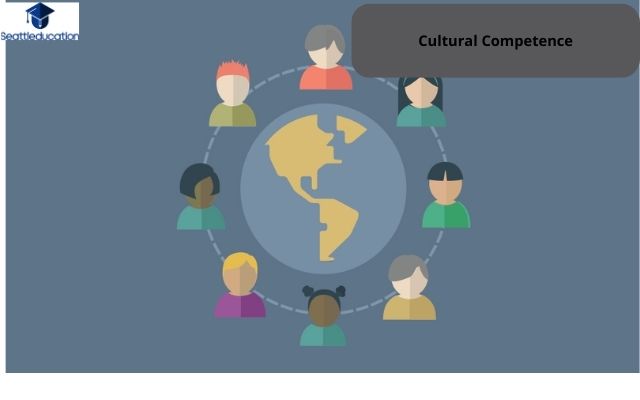
As we move into understanding bias, it’s important to remember that our own biases can get in the way of our best intentions. That’s why it’s so important to have a commitment to learn about cultures and backgrounds different than ours with a sense of curiosity rather than judgement. Acknowledging our own ignorance and taking on a posture of cultural humility helps us be open-minded as we explore new ideas.
Developing a better understanding of identity development can also help build cultural competency skills. This means being aware of how culture informs the values, beliefs, attitudes, behaviors, and language utilized by individuals from various groups. Learning more about this helps us recognize how power dynamics influence social structures at both individual and group levels.
By engaging in culturally responsive practices such as examining potential privilege or oppression based on race, class, gender orientation, or religion for example, we can begin to uncover personal assumptions related to these topics which may lead to further self-reflection and growth opportunities.
Having awareness around one’s own identity is also key when working towards becoming culturally competent. We must take time to consider our own experiences with respect to how they might affect interactions with clients from diverse populations – both positively or negatively depending upon the situation.
Having insight into ourselves is just as important as having knowledge about other cultures if we want to make sure we are creating equitable environments where everyone feels respected and heard. From here we can move onto exploring ways in which self-awareness impacts communication styles…
Self-Awareness
As a school counselor, self-awareness is an incredibly important skill to have. It not only helps me understand my own thoughts and feelings, but it also allows me to better connect with students in order to provide effective counseling.
Here are some key components of self-awareness that I strive for:
- Role modeling – I recognize the importance of showing students how to handle difficult situations in healthy ways by being mindful about how I respond or react.
- Goal setting – Setting short-term and long-term goals for both myself and my students helps us stay focused on our individualized paths toward progress.
- Reflective practice – Taking time to reflect on my successes as well as areas where there may be room for improvement can help inform more meaningful interactions with those I am working with.
- Self regulation – Being aware of what triggers certain emotions or reactions within myself so that I can learn how best to manage them is essential in providing guidance.
- Resilience building – Teaching skills such as problem solving, communication, collaboration and assertiveness allow students to become stronger problem solvers who will be able to face challenges head on while still maintaining resilience.
By being aware of these aspects of self-awareness, I’m better equipped to support the needs of my students and advise them accordingly.
As I move onto advocating for student’s needs within the school system, I remain cognizant of the fact that each step taken is informed by this understanding of self-awareness.
Advocacy
Self-awareness is a crucial skill for school counselors, but it’s not the only one. The next step in professional development is advocacy. Advocacy involves using one’s knowledge and understanding to bring about change that promotes social justice, equity, and inclusivity. It also includes making ethical decisions while considering mental health and trauma informed approaches.

A successful advocate must be able to recognize areas of need within their community or school system. This requires an understanding of current policies, laws, and regulations; a comprehensive look at data regarding disparities among various student populations; and conversations with stakeholders from all angles of this issue.
Once these needs are identified, advocates can work together to create solutions through policy changes or other initiatives that promote educational success for students across different backgrounds. When done successfully, advocacy helps ensure access to quality education regardless of race, gender identity, socio-economic status, religion or any other factor. By engaging in advocacy on behalf of students, school counselors can have a positive impact on their communities and help make sure every child has the opportunity to reach their full potential.
Professional Development
I have found that professional development in school counseling is essential for my work. Over the years, I have learned to strengthen and develop skills related to student engagement, data analysis, time management, self-reflection and goal setting. These particular areas are at the heart of effective school counseling and help me support students as they navigate their academic journey.
Being able to effectively engage with students has been one of my most valuable tools. Maintaining a positive relationship between myself and those I am helping allows us to create an atmosphere where trust can flourish and information can be exchanged freely. Through this connection I can understand better how best to serve them by learning about their needs from both a personal and academic perspective.
Analyzing data is also part of understanding what works best for our students; whether it’s tracking attendance patterns or gathering demographic information on different groups within the school population. Understanding these trends helps inform decisions on how we use our resources wisely so that every student gets access to the same quality of education regardless of background or circumstance. It’s important to remember when assessing data that there are unique stories behind each number which requires mindful consideration when making any conclusions or recommendations.
Time management is another critical skill set for any school counselor as it directly impacts productivity throughout day-to-day operations while allowing adequate space for reflection on individual cases outside of regular meeting times with students. A good sense of self-awareness can go a long way in keeping track of your progress over time through goal setting activities such as creating action plans tailored specifically towards achieving certain outcomes before moving onto another task or project.
Being aware of your own motivations in addition to being honest with yourself about successes and challenges along the way will ultimately benefit everyone involved in providing services to young people who need our help now more than ever.


